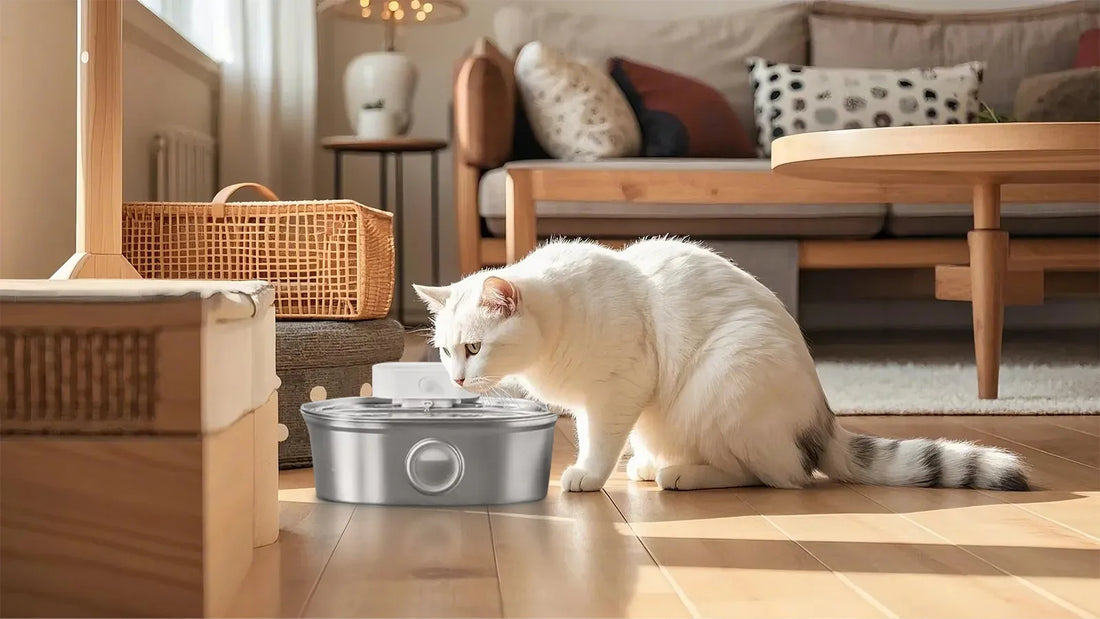When it comes to raising a healthy and happy puppy, nutrition plays a crucial role. One of the most common questions pet owners ask is, how old do you stop feeding puppy food? The answer isn't always straightforward, as it depends on factors like breed, size, and individual development. This guide will walk you through everything you need to know about transitioning your puppy to adult dog food.
Understanding Puppy Food
Puppy food is specially formulated to meet the nutritional needs of growing dogs. It contains higher levels of protein, fat, and essential nutrients like calcium and phosphorus to support rapid growth and development. Unlike adult dog food, puppy food is designed to fuel the energy demands of an active, developing puppy.
When to Stop Feeding Puppy Food
The age at which you should stop feeding puppy food varies depending on your dog's breed and size. Generally, small and medium-sized breeds can transition to adult food around 12 months of age. Larger breeds, on the other hand, may need to stay on puppy food until they are 18 to 24 months old. This is because larger breeds take longer to reach full maturity.
Signs Your Puppy Is Ready for Adult Food
Here are some indicators that your puppy may be ready to switch to adult dog food:
- Your puppy has reached their expected adult size.
- Their growth rate has significantly slowed down.
- They are less hyperactive and have settled into a more stable energy level.
Nutritional Needs During Transition
When transitioning from puppy food to adult food, it's important to ensure your dog's nutritional needs are still being met. Adult dog food typically has lower calorie content and different nutrient ratios compared to puppy food. Make sure the new food provides balanced nutrition, including adequate protein, fats, vitamins, and minerals.
How to Transition Gradually
Switching your puppy to adult food should be done gradually to avoid digestive issues. Follow these steps for a smooth transition:
- Start by mixing a small amount of adult food with their puppy food.
- Gradually increase the proportion of adult food over 7 to 10 days.
- Monitor your puppy for any signs of digestive upset, such as diarrhea or vomiting.
Common Mistakes to Avoid
Many pet owners make mistakes when transitioning their puppies to adult food. Here are some pitfalls to watch out for:
- Switching too quickly, which can cause digestive problems.
- Choosing adult food that doesn't meet your dog's specific nutritional needs.
- Ignoring your puppy's individual growth and development timeline.
Consulting Your Veterinarian
Your veterinarian is your best resource for determining the right time to stop feeding puppy food. They can assess your puppy's growth, health, and nutritional needs to provide personalized advice. Regular check-ups are essential to ensure your puppy is on track for a healthy transition.
Long-Term Benefits of Proper Nutrition
Feeding your puppy the right food at the right time sets the foundation for a healthy life. Proper nutrition supports strong bones, a shiny coat, and a robust immune system. By making informed decisions about your puppy's diet, you can help them thrive well into adulthood.
So, how old do you stop feeding puppy food? The answer depends on your puppy's unique needs, but with careful planning and guidance, you can ensure a seamless transition to adult dog food. Your furry friend will thank you for it!













